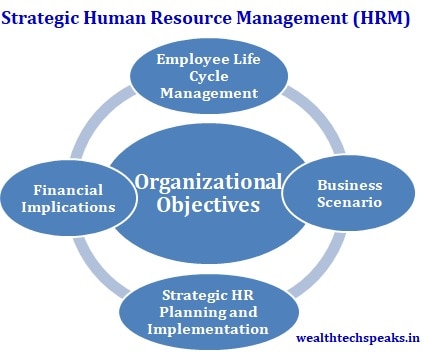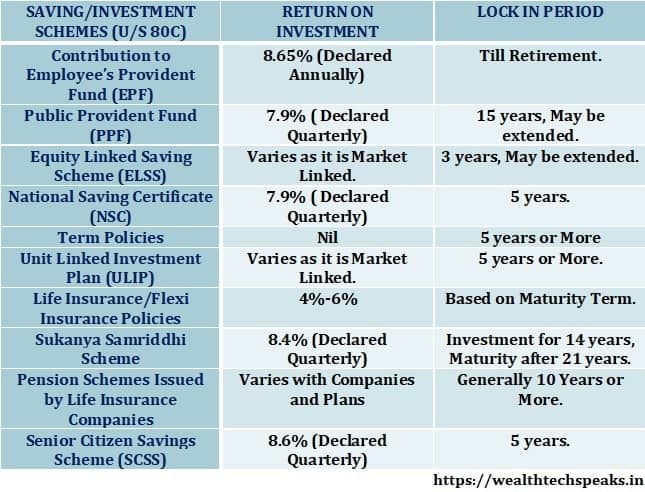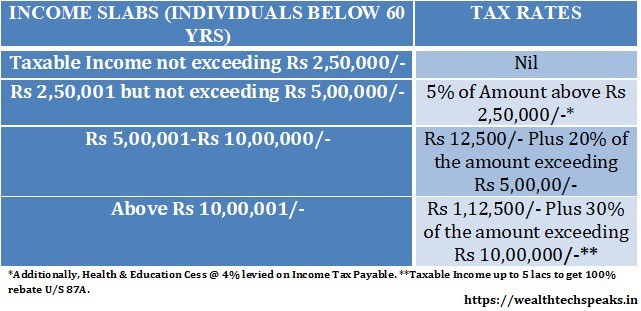
Direct Equity or Equity Mutual Fund: Comparison
- Posted By Amritesh
- On August 5th, 2017
- Comments: 5 responses
Investment decisions at times can be very confusing and cumbersome. In current market you have plethora of financial products to chose from which makes the task even more tedious. However, Each Financial Product is designed to meet specific needs and one should understand their purpose before deciding to invest. Pure Investment product is something which should be considered by Individuals as it offers better returns when compared to other Investment Instruments. In this post discussion is on, whether to invest in Direct Equity or Equity Mutual Funds.
Direct Equity or Equity Mutual Funds are stock market oriented investment options. Direct Equity Investment is a viable option only for Individuals who have good knowledge about the Stock Market and can afford to devote considerable amount of time in tracking/studying the investments. Whereas, Equity Mutual Fund is pool of investment managed by Professional Fund Managers who have the expertise in Fund Management.
6 Ways To Save Tax: All You Need To Know
Choice of Investment: Direct Equity or Equity Mutual Funds
PROFESSIONAL MANAGEMENT OF FUNDS
Equity Mutual Funds are managed by Professional Fund Managers who conduct great deal of market research and possess expertise to pool the performing stocks in the Portfolio.
Whereas, In Direct Equity Investment individuals mostly have to rely on their own research and experience. It is feasible for individuals who are able to devote considerable amount of time on the same, but it is not possible for many.
Thus, Investment in Equity Mutual Funds makes much more sense.
DIVERSIFICATION OF FUNDS
Equity Mutual Funds is not restricted to a single stock or sector, the fund is diversified into atleast 15-20 top performing stocks and sectors which not only minimizes the risk but also ensures that you gain maximum out of the investment.
Direct Equity Investment may practically be possible in much less number stocks and requires more funds as well. Direct Equity Funds are directed more towards specific stocks and scope of diversification of funds is restricted.
RISK MANAGEMENT
Equity Mutual Funds diversify the investment into various stocks and sectors thus it reduces the risk to a greater extent as very rarely you will observe that all the stocks are under performing across sectors.
In Direct Equity Funds, the risk is more as the investment is concentrated on specific stock and if it under performs then one might end up making losses.
LIQUIDITY
Equity Mutual Funds are traded at their NAV which offers better liquidity as compared to Direct Equities which are more prone to market fluctuations. Hence with Equity Mutual Funds the performance is relatively stable and is not deeply impacted by daily or short term downtrend in specific stocks.
TAXATION
In Direct Equity Investment, no income tax relief is available on the Investment. Whereas, Investment in Mutual Funds under Equity Linked Saving Scheme (ELSS) provides Tax Benefit U/S 80 C up to Rs 1.5 lacs.
The Profits earned on selling of equities directly is liable for Capital Gain Tax while Capital Gain/Dividends received on Redemption in Equity Mutual Fund (ELSS) is not taxable in the hands of investor. (ELSS is subject to 3 years lock in period)
OVERVIEW
Direct Equity Investment is for individuals who have considerable knowledge about the market and are willing to take higher risks. The return may be relatively higher than Equity Mutual Funds but involves greater risk as well.
So, in my opinion investing in Equity Mutual Funds is the best option as it will not only help you reduce your tax liability but will also maximize your wealth with minimum risk over a period of time. Equity Mutual Fund does have allocation charges but they are pretty minimal.
Disclaimer: The information on this site is provided for discussion purposes only, and should not be misconstrued as investment advice. Under no circumstances does this information represent a recommendation to buy or sell securities. Readers are advised to research further to have more clarity on the topic. It is very important to do your own analysis and consult your Financial Advisor before making any investment based decision.







